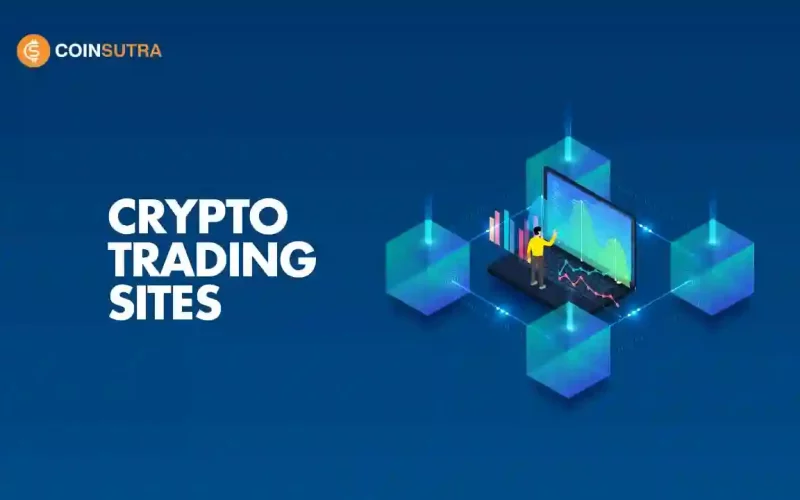If you have decided that you want to get into the world of cryptocurrency trading, then you’re on the right track. But before you get started, there are a few things that you’ll need to learn.
Leverage
Trading with leverage can be a fun way to increase the amount of money you are able to purchase, but it comes with a lot of risk. Before deciding to trade with leverage, make sure to understand all of the risks and benefits that go along with it.
The first thing to keep in mind is that there are no guarantees that your trade will work out in the end. In fact, you can lose all of your funds if you don’t follow a sound strategy. Fortunately, there are several strategies you can use to help mitigate the risk of losing all of your hard-earned money.
One of the most effective tactics is to invest in smaller amounts. This can reduce your risk, but also means you have more control over your investment.
Digital wallet
You don’t have to be a geek to understand that a crypto wallet is a secure digital container to hold and display your digital currency. However, before you delve into the depths of a cryptic database, consider these tips to help you pick the best one for you.
First, there’s no need to store tens of thousands of dollars in crypto on your laptop, smartphone or tablet. Rather, go for the hardware wallets. This is more convenient and a more safe way to manage your nascent crypto portfolio. Fortunately, there are a number of reputable companies in the space. To find the best ones, check out the online reviews for each of them. Likewise, don’t assume that just because it’s made by a company based in China, it’s the same ol’.
Wallet software
A crypto wallet is a digital tool that allows users to store their cryptocurrencies. These tools can be downloaded on different devices and connected to the internet. Traders need them to protect their assets.
Generally, a software wallet is downloaded from the web. This type of wallet stores private keys. The user’s private key is similar to a bank account password. Users should not share the private key with anyone else.
Another type of crypto wallet is a hardware wallet. To set up a hardware wallet, the user must follow the instructions provided by the manufacturer. Once the software is installed, the user can transfer their crypto to the device.
Mobile crypto wallets are smaller and more affordable than other wallets. They are also less visible and anonymous.
Investing in a mentor
Cryptocurrency trading can be a fun and exciting hobby, but it is a good idea to have some form of investment plan in place. This can include a bank account, debit card, or a crypto brokerage. It is also a good idea to invest in a mentor, or at least have a chat with one.
A good mentor can help you understand the nuances of the markets and can provide guidance for your trading decisions. For example, you can learn how to choose the right cryptocurrencies to buy and how to manage your trading losses. You can also benefit from an industry expert’s advice.
If you are new to trading, you may want to invest in a mentor to guide you through the learning curve. The right professional can help you avoid the pitfalls that can derail an otherwise savvy trader.
Day trading
If you’re interested in learning how to start trading cryptocurrency, there are several things you should know. Cryptocurrency prices are more volatile than other assets, so you need to have the right strategy and understand how the market works. Then, you can begin to make profits.
A good day trading strategy involves identifying statistical trends in crypto markets. It also incorporates fundamental analysis and technical indicators. This way, you can learn how to predict demand for crypto assets.
Another important element in successful day trades is liquidity. A high level of liquidity means that you can buy and sell assets on the same day.
One of the main challenges with day trading is that it requires time and effort. You need to be disciplined and set aside sufficient time for the activity.











